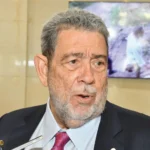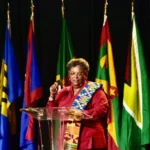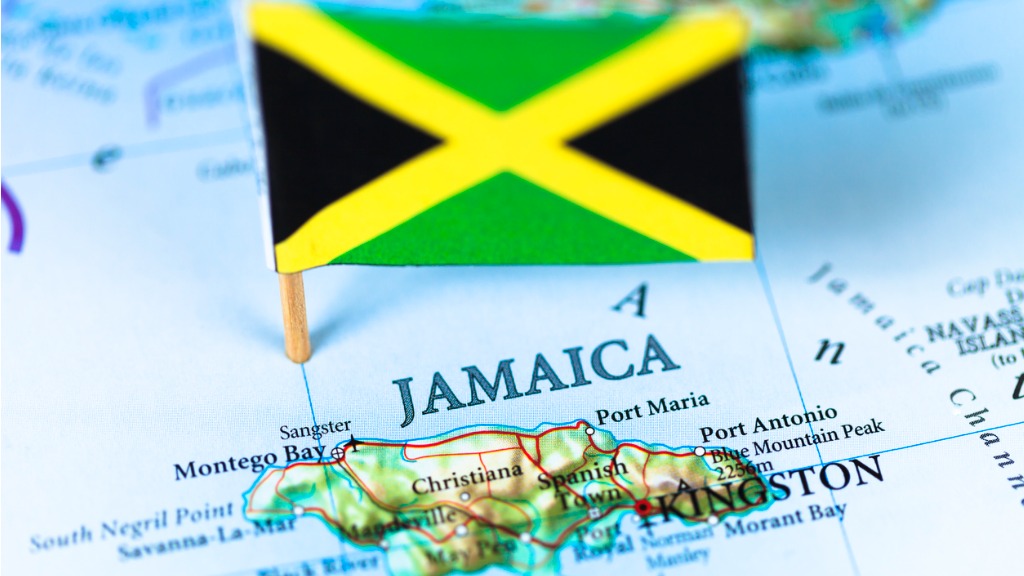(JamaicaObserver)In just under 24 hours the 36 Haitians who arrived on a beach in Long Bay, Portland, last Saturday at 6:00 am were sent back to their country.
But the fast pace at which the Government arranged for a Jamaica Defence Force Coast Guard vessel to leave the island with the refugees at 3:00 am on Sunday, has earned the ire of rights group Freedom Imaginaries, who have accused the Administration of sending the Haitians home “under the cover of darkness, without due process, in blatant disregard of United Nations (UN) advisories and international law”.
According to Freedom Imaginaries founder Malene Alleyne, the Government’s decision to return the Haitians without due process could have been a deliberate effort to impede their access to legal support and information on their rights.
Alleyne, an attorney, made the accusations in a letter to Prime Minister Andrew Holness and two other Government ministers.
“We are also concerned that this decision could be indicative of an emerging policy of draconian responses to vulnerable Haitian migrants in an unlawful attempt to deter future flows of Haitians to Jamaica,” she said in the letter, a copy of which was seen by the Jamaica Observer.
She also said it was “deeply disturbing that the Haitians were returned within 24 hours of arrival, without an opportunity to recover from their journey to Jamaica”.
The Haitians who arrived on Saturday were the second group to have landed here, via boat, since July. The first batch of 37 are currently in the process of seeking asylum.
It is reported that the Haitians who got here on Saturday were at sea for close to two weeks.
In a statement issued on Monday morning, the Ministry of National Security said that, following the completion of immigration and security checks, the group was denied entry based on the vetting process.
“The Government of Jamaica is in dialogue with the Government in Haiti and arrangements have been made with the relevant authorities in Haiti to facilitate the group’s safe return,” the statement read.
Alleyne said that the Government’s claim that it sent the Haitians home because “it was found that there were members who had been previously removed from Jamaica for breaches of entry” raises concerns that they were not assessed individually.
The United Nations High Commissioner for Refugees (UNHCR), she said, explicitly prohibits penalisation for “illegal entry”.
“This is a flagrant violation of Jamaica’s obligations under international law. The 1951 Convention Relating to the Status of Refugees and its 1967 Protocol prohibit refoulement — the forced removal of people to a place where they may face risk of persecution, torture or other serious or irreparable harm. This entails a requirement that Haitian migrants must have access to efficient procedures that guarantee an individualised evaluation of protection needs,” she said.
She further argued that the UNHCR had issued an advisory that calls upon states in the region to “suspend the forced return of Haitians to their country”, warning that Haitians who are returned to Haiti may face “life-threatening security and health risks, and further displacement inside the country.”
Alleyne requested a meeting with the Government “to discuss international law standards for the protection of Haitian migrants to ensure that this situation is not repeated in the future.”
For years Haiti has been mired in intertwining economic, security and political crises.
The assassination of President Jovenel Moise in 2021 has dramatically worsened the situation, with gangs taking an increasingly strong hold.
Last Friday, the UN reported that more than 2,400 people have been killed in Haiti since the start of 2023 amid rampant gang violence, including hundreds killed in lynchings by vigilante mobs.
The toll came as clashes in Haiti’s capital of Port-au-Prince last week left 30 residents dead and more than a dozen wounded.
“Between January 1 and August 15 of this year, at least 2,439 people have been killed and a further 902 injured,” UN rights office spokeswoman Ravina Shamdasani told reporters in Geneva.
In addition, she said, “951 people have been kidnapped” during the same period.










